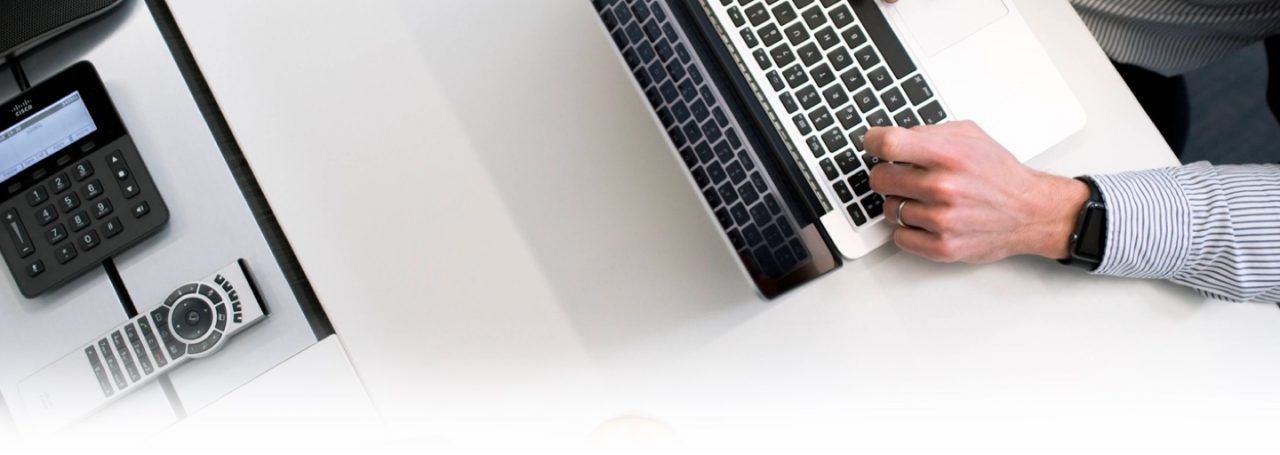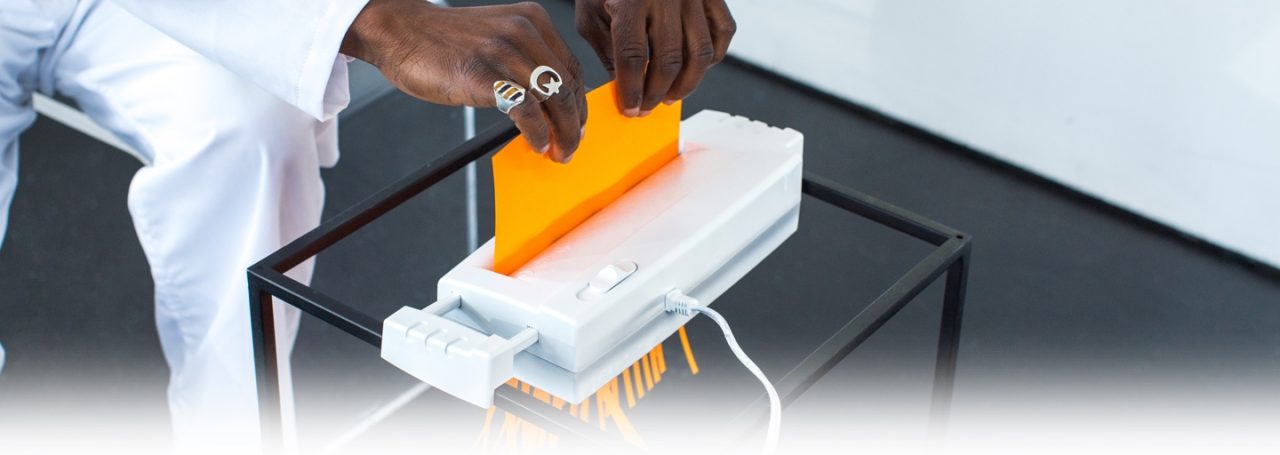★★★★★(18 votes, average: 4.89 out of 5)
2.5 Mins Read
A copyright registration creates a public record for your work, which can assist one in claiming ownership and is necessary if you ever need to sue for copyright infringement for your hard-earned creation. When a work contains a valid copyright notice, an alleged infringer cannot claim in the court that s/he wasn’t aware that the work was copyrighted. That leaves you with a greater rights/chance to win a copyright infringement lawsuit and spend much less litigating in the process by registering for a copyright. A work becomes copyrighted when it is fixed in a tangible medium of expression.
There are categories of work that fall under this definition:
– Dramatic works, including the accompanying music
– Pantomimes and choreographic works
– Pictorial, graphic and sculptural works
– Literary works
– Musical works, including the accompanying words
– Motion pictures and other audiovisual works
– Sound recordings
– Computer software
– Architectural works
These are types of work unable to obtain copyright protection:
– Works not fixed in a tangible form of expression (ex. something said but not recorded)
– Ideas, methods, principles and systems
– Titles, names, and slogans
– Works found in the public domain
– Works that are strictly informational and contain no authorship
– Government works
The benefits
Get a greater understanding
Your copyright professional will answer any questions you have regarding your original works. You’ll also have a chance to learn about other forms of IP protection like trademarks, patents, and confidentiality agreements.
More likely to be approved
Don’t leave the chance of having your copyright rejected. An experienced professional knows how to thoroughly search and already knows what to include and what not to include, saving you time and money.
Prevent future issues
Receive proactive legal risk management that will help you avoid problems before they arise by tapping into senior professionals with considerable business experience


